Often life presents us with situations that lead us to slowly and unintentionally close in on ourselves – as a result of a disagreement, because of our views, our ego or even our fears.
Sometimes however, it may be enough to stop and ask ourselves a simple question, and we unexpectedly become aware that change is possible: “Who are you to me?” or, in other words, “Who am I to you?” Such a question, Margaret Karram says, can pave the way to taking concrete action: “Take the first step, listen, spare no time, let yourself be ‘wounded’ by others.”[1]. If we think about others, we do not think of ourselves, of our weaknesses, our failures or emotional scars. Thinking about the other person helps us stand in their shoes, in an attitude of reciprocity: “How would I feel if the other person told me what I am telling him, her or them?” or “What can I do for him, her or them?”
If our actions stem from a desire to put first the well-being of those around us, everything could acquire a greater dimension, to the point where we could love the other person gratuitously and without expecting anything in return.
Sometimes however, we are overwhelmed by discouragement, frustration, and tiredness. American doctor Ira Robert Byock says that the times of greatest despair arise when we feel imprisoned in “a well of fear, anger and distrust”.[2]. In those moments, let us surrender to the power of love that can do anything, can free us from all that holds us back and encourage us to begin again without fear. The music group “Gen Rosso” expresses this idea in one of their songs: "Starting anew is like saying yes to life again, then breaking free and flying to boundless horizons, where thoughts are free from fear. Your home becomes as big as the world. To begin again is to believe in love and to feel that even in times of pain, the soul can sing and never stop".
Such an attitude can bring about personal change but it can also make an impact upon the community when we share our difficulties with other people in a sincere and constructive dialogue. An atmosphere of true friendship rebuilds relationships within the community, thus enabling anger to be replaced by reflection, fear by the discovery of new pathways and distrust by hope. We will then become a sign of a different way of creating society.
Sometimes simple words really are enough:
“You matter to me...because you are you!”
